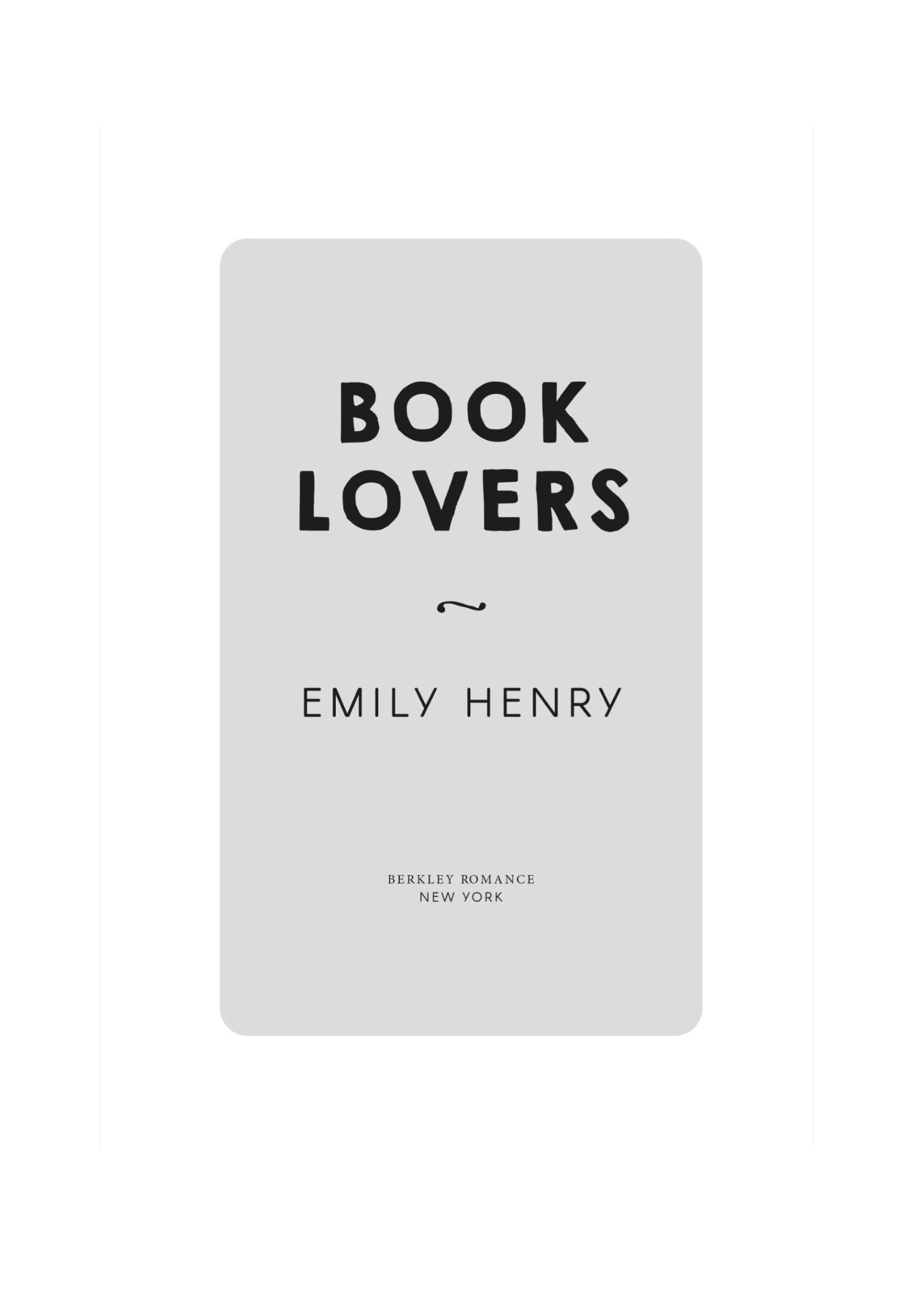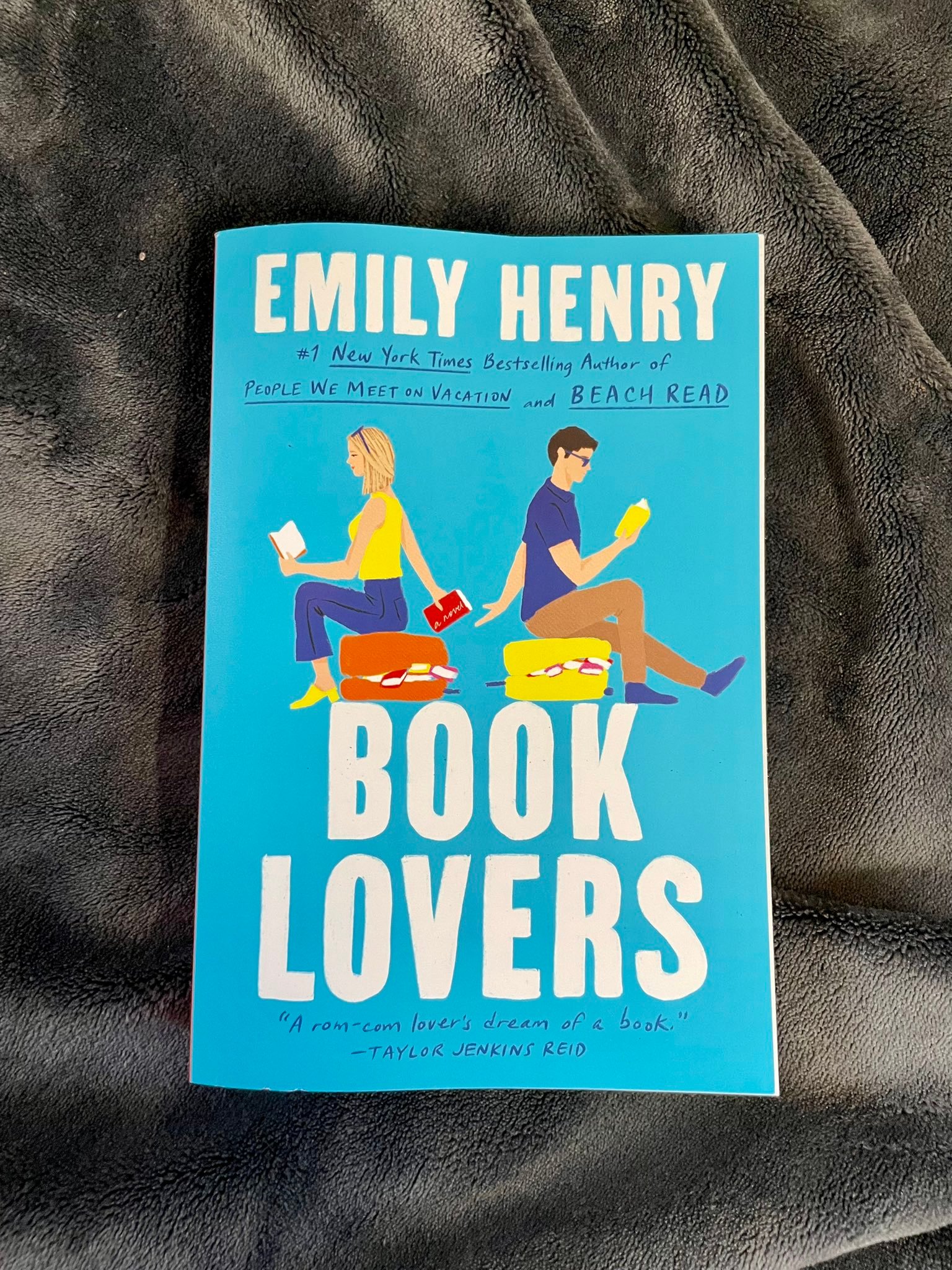
Some books arrive when we least expect them, in moments of quiet fatigue in internet’s one of the rabbit holes, YouTube’s glimmering corners led me to Haley Pham, whose irrepressible energy while speaking about Emily Henry’s books was almost cinematic in its intensity. Her passion felt like a dare. Soon enough, I found myself ordering an Emily Henry boxset, more out of curiosity than conviction. Book Lovers was the first I opened. It begins like a film- brisk, and strangely familiar. From the very first paragraph, I was pulled into a slow descent that bypassed cynicism and found its way into the chambers of the heart. This is a book that knows the terrain of loss and longing, not in dramatic flourishes, but in the soft dissonance of staying behind when everyone else has left.
Nora Stephens is not the usual romantic heroine. She knows this. In fact, she says it aloud. She is the literary agent version of a character most readers have met before: the career woman in heels, icy and efficient, abandoned in chapter three so that the man she once dated can discover happiness with a girl who owns goats and wears sundresses. But Henry takes that archetype and does something subversive. She gives it back its voice. Nora is not written to be lovable. She is allowed to be exacting, successful, emotionally armoured, and deeply aware of what she is not. And yet, it is precisely in that awareness that her humanity unfolds.
The story begins with a detour. Nora’s sister Libby, pregnant and brimming with optimism, whisks her away from New York to Sunshine Falls in North Carolina. Libby believes Nora needs a break. A small-town romance checklist is drawn, a list of tropes to live through as if life were a paperback novel. But Sunshine Falls is no idyllic escape. The past does not loosen its grip so easily, nor does the future arrive with fanfare. It creeps in, shaped like Charlie Lastra.
Charlie is an editor Nora once sparred with over a manuscript. In Sunshine Falls, he reappears, grumpier, moodier, but no less magnetic. Their romance does not burst forth like sunlight. It simmers in silences, in editorial conversations, in the small dignity of being known without needing to perform. Their dialogue crackles with wit, yet the emotional core is slow and tender. Love, in Henry’s world, is not spectacle. It is revision. It is asking, again and again, who we are when the world stops watching.
Beyond its romantic plot, Book Lovers is a love letter to sisterhood. Libby is more than a supporting character. She is Nora’s anchor and mirror, the reason Nora works late nights, cancels dates, and carries guilt like a second skin. Their relationship is warm and fraught, full of unsaid sacrifices and memories that flashes like old photo albums. Henry writes these familial threads with a delightful delicacy. The sisters are not foils. They are parallel poems, written in different meters, trying to rhyme across years of shared love.
Henry also engages in a delightful metafictional exercise. Her characters are aware of literary tropes. They name them. They resist them. Nora mocks the idea of a city girl finding redemption through rural romance, even as she is slowly caught in a version of one. Yet the novel refuses to conform. Sunshine Falls does not save Nora. Instead, it holds up a mirror. It asks her to choose not between love and ambition, but between being a plot device in someone else’s story and becoming the author of her own.
This quiet feminism is the novel’s most beautiful achievement. Nora does not have to fall in love to be softened, nor does she have to choose between her career and her heart. She expands the room for what a woman like her can want. Charlie, too, is not a rescuer. He is a co-writer. Their intimacy is grounded in mutual recognition, not in conquest or chemistry alone. When they touch, it is not just their bodies that meet, but the haunted rooms within them that find warmth.
Henry’s prose is easy, but never simplistic. The humour lands softly, without altering the mood. There is a scene where a bookstore feels like a cathedral. There is a moment when Nora realises that her childhood home is not a place on the map, but a person. These lines are written with a kind of stillness, as if the author has paused to let the words breathe.
It is also worth noting that the novel does not rush to resolution. There are no grand gestures at train stations. Instead, there are long conversations, unresolved fears, and decisions that take time. In doing so, Book Lovers earns its ending. It does not deliver closure in a bow. It offers continuity. The suggestion that love is not an epilogue, but an evolving manuscript.
For readers who dismiss romance as escapism, Henry offers a quiet rebuttal. Her story is not about running away from the real world. It is about staying, reckoning, rewriting. It is about women who are told they are too much, and men who are allowed to feel, and sisters who hold up the sky for each other without applause.
Book Lovers is not a perfect novel. But it is a true one. It speaks in a voice that understands how grief can hide behind competence, how love can look like editing a draft together, and how sometimes, the happy ending is not escape, but beginning of beautiful.
This book is for the woman who keeps showing up, even when no one names her the heroine. For the reader who believes that behind every great love story, there is a library of longing. And for those of us who know that even in fiction, some truths deserve to be told in full.
